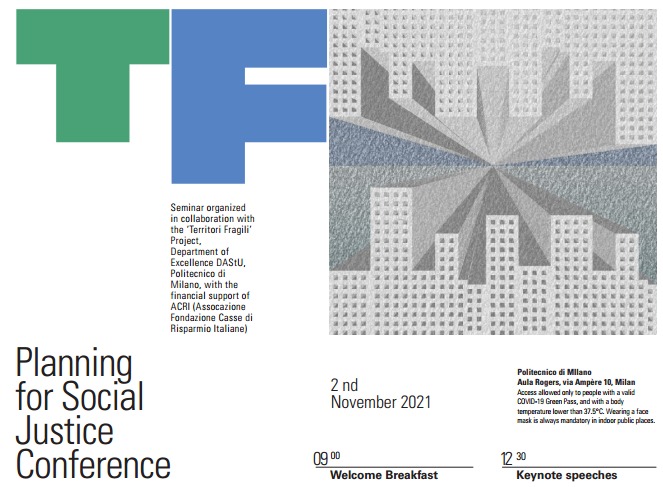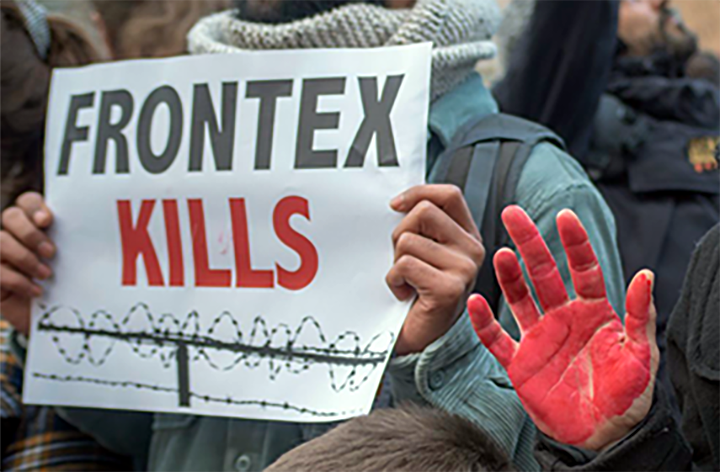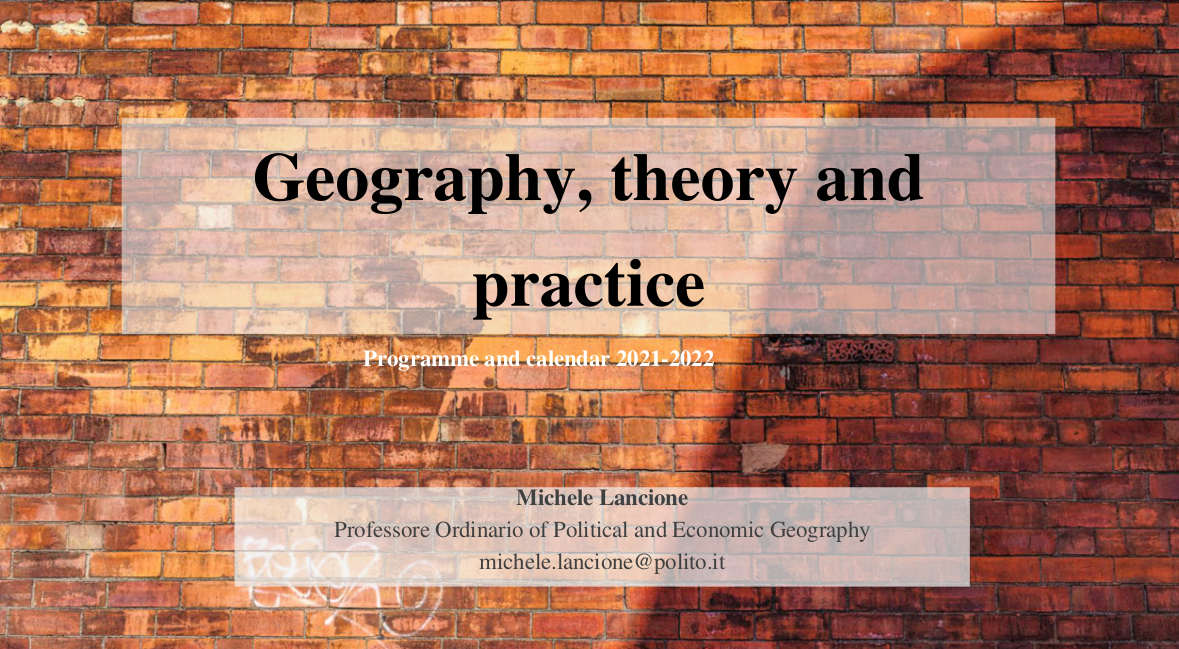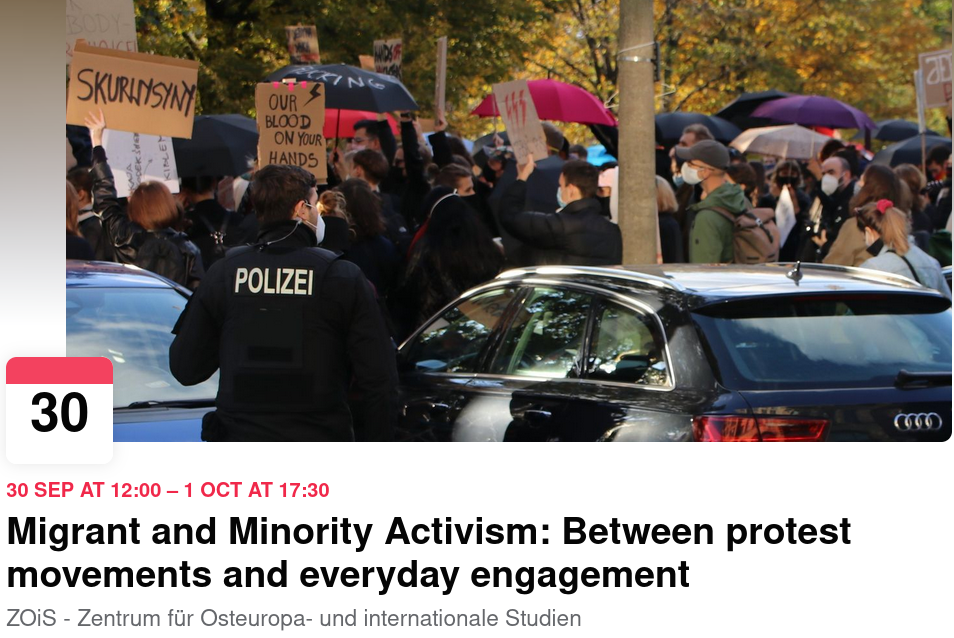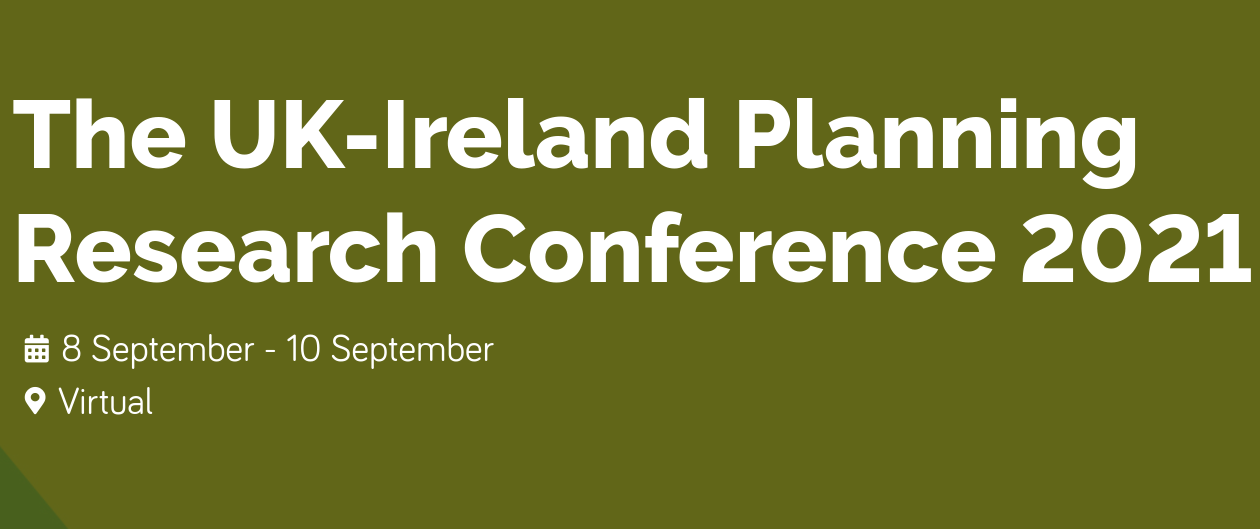I am happy to begin teaching today on a new introductory module that I have designed, on Geography, Theory & Practice in Turin, with a focus on the colonial roots of the discipline, discussing critical grammars of genderised, racialised & uneven spatialities.
Looking forward to trying it out, and then to expand and share the syllabus in the coming years.
I am thankful to my dear friend and colleague Ana Vilenica for helping out with the preparation of this module. Program is below – cheers!
Geography, theory and practice
Programme and calendar 2021-2022
Michele Lancione, Full Professor of Economic and Political Geography
michele.lancione@polito.it
Objective
The course offers an introduction to critical geographical thinking, with particular reference to how it developed in the past decades in Anglophone Geography. The aim is to provide a concise, yet rich, introduction to a number of key concerns related to the critical understanding of space, place, scale and related processes. Key notions and approaches derived from political economy, relational spatial thinking, critical gender and race studies, political ecology will be presented and discussed. The course mixes frontal lectures with moments of in-depth reading of academic texts, as well as discussion of contemporary societal issues at the global scale. The final part of the module provides a glance at some of the most common qualitative research methods in Human Geography, analysing their ethical implications and the role of Academics (including students) in the (re)production of unjust spaces.
Learning outcomes
Knowledge and understanding. The students will acquire understanding of the main aspects of contemporary critical geographical thinking, its evolution and main debates. They will also acquire specific knowledge on debates related to urban inequalities, gender and racial injustice, critical relational thinking the use of qualitative methods in human geography.
Ability to apply knowledge and understanding. At the end of this course the student will be able to: analyse contemporary social and spatial phenomena intersecting multiple critical perspectives; they will be able to move within the international academic literature in the broader field of critical Human and Urban Geography; and they will acquire the basic skills set to write essays analysing contemporary social and spatial issue critically.
Autonomy of judgement. Students will learn how to question mainstream narratives related to key issues of our times including, but not limited to, uneven spatial development, entranced gendered and racialised violence, and the role of the Academy in both questioning and reproducing injustice.
Communication skills. At the end of the course students will acquire the basic conceptual grammar, in the English language, needed to investigate space and spatial processes critically.
Learning skills. Students will acquire the capacity to independently work with critical theories and methods in Human Geography.
Teaching modality
The course lasts 54 hours (9 CFU), structured along 10 weeks, including frontal lectures, seminars and workshops. Please note that sessions will be live streamed, but not video-recorded. Slides will not be shared, unless for students with proven learning difficulties.
The different sessions are characterised as follows:
· Core lectures (three-hour long each): To provide foundational understandings around critical theory and practice of geographical thinking
· Seminars (two and three-hour long each): Guided reading sessions, to offer the opportunity of engaging with key geographical writings and documentary taken from international scholarship. Seminars will be based on the provided key readings, and an additional reading list will be provided to students who are willing to expand on the subjects
· Workshops (three-hour long each): To reflect, on a workshop-style fashion, on contemporary news, using the conceptual toolkit offered by the course
Examination modality
For attendees
You are expected to read all key readings, suggested for each lecture, which will be discussed during the live seminars. Alongside what is presented during the lectures, the readings will serve the basis for the two components of your examination:
· A 1.500-2000 words written essay, which will count for the 30% of the final grade, to be focused on one of the themes explored in the course. The workshops will provide students with ideas on what to focus and on how to structure their essay
· An oral examination, which will count for 70% of the final grade, to be focused on the themes and literatures explored in the course
For non-attendees
You are expected to read all key readings, suggested for each lecture and to integrate those with the following text:
Cresswell, T. (2013). Geographic Thought. Wiley-Blackwell: London
Your examination will be focused on two components:
· A 1.500-2000 words written essay, which will count for the 30% of the final grade, to be focused on one of the themes explored in the course, on the basis of the readings suggested
· An oral examination, which will count for 70% of the final grade, to be focused on the themes and literatures explored in the course, as well as on Cresswell’s book
Program and reading lists
Please note: the list of readings below is a basic one, to accompany you into several key debates in the discipline. Further readings will be provided once you have chosen your topic of interest for the final exam.
WEEK I) For a critical geography of space
· Lecture – 4/10/21, thee hours – Introduction to the course; The colonial substratum of geographical knowledge; The birth of critical geography: on the capitalist production of space; Overview of contemporary critical spatial approaches
· Seminar – 5/10/21, two hours: Reading on capitalism and the production of space
Key readings:
Harvey, D. (1992) ‘Social Justice, Postmodernism and the City’. International Journal of Urban and Regional Research 16 (4): 588–601.
Massey, D. (1993). ‘Power Geometry and a Progressive Sense of Place’. In Mapping the Futures: Local Cultures, Global Change, edited by J Bird, B Curtis, T Putnam, G Robertson, and L Tickner. London: Routledge.
Peck, J., and A. Tickell. (2002) ‘Neoliberalizing Space’. Antipode 34 (3): 380–404.
WEEK II) Thinking space relationally
· Lecture – 11/10/21, thee hours – Postmodern and post-structuralist geographies; Relational geographies and political ecologies; Power and biopower; Affects, atmospheres, ontologies
· Seminar – 12/10/21, two hours – Reading of place, bodies and power
Key readings:
Amin, A. (2015). Animated space. Public Culture, 27(2), 239–258.
Lancione, M. (Ed.). (2016). Rethinking life at the margins: The assemblage of contexts, subjects and politics. Routledge, Taylor & Francis Group – ONLY the intro
Nash, C. (2000). Performativity in practice: Some recent work in cultural geography. Progress in Human Geography, 24(4), 653–664.
Philo, C. (2012). A ‘new Foucault’with lively implications–or ‘the crawfish advances sideways’. Transactions of the Institute of British Geographers, 37(4), 496–514.
WEEK III) Uneven development
· Lecture – 18/10/21, thee hours – Understanding inequalities; Segregation, social justice, marginality, and banishment; Homelessness and the spatial construction of the ‘other’
· Seminar – 19/10/21, two hours – Readings on marginality and racial capitalism
Key readings:
Caldeira, T. (2009). Marginality, Again⁈. International Journal of Urban and Regional Research, 33(3), 848–853.
Roy, A. (2019). Racial Banishment. In Keywords in Radical Geography: Antipode at 50th. Wiley-Blackwell : London
Thieme, T. (2013). The “hustle” amongst youth entrepreneurs in Mathare’s informal waste economy. Journal of Eastern African Studies, 7(3), 389–412.
Wacquant, L. (1999). Urban Marginality in the Coming Millennium. Urban Studies, 36(10), 1639–1647.
WEEK IV) The spatial grammars of race and gender
· Lecture – 25/10/21, three hours – Approaching ‘difference’ critically; Thinking dis/possession; Feminist and queer spatial grammars
Key readings:
Derickson, K. D. (2017). Urban geography II: Urban geography in the Age of Ferguson. Progress in Human Geography, 41(2), 230–244.
Hawthorne, C. (2019). Black matters are spatial matters: Black geographies for the twenty‐first century. Geography Compass, 13(11).
Kern, L. (2020). Feminists City. Verso: London and New York – ONLY the intro
WEEK V) Elements of geographical thinking: A global urban world
· Lecture – 8/11/21, three hours – A critical approach to the urban; Urban grounds; Comparative urbanism?; Southern urbanism
· Seminar – 9/11/21, three hours – Reading on feminist geographies (previous lecture), southern and global urbanism
Key readings:
Lancione, M., & McFarlane, C. (2021). Navigating the global urban. In M. Lancione & C. McFarlane (Eds.), Global Urbanism (1st ed., pp. 3–13). Routledge: London
Roy, A. (2011). Slumdog Cities: Rethinking Subaltern Urbanism. International Journal of Urban and Regional Research, 35(2), 223–238.
Simone, A. (2001). Straddling the Divides: Remaking Associational Life in the Informal African City. International Journal of Urban and Regional Research, 25(1), 102–117.
WEEK VI) Elements of geographical thinking: Housing and the struggle for inhabitation
· Lecture – 15/11/21, three hours – What is ‘home’?; Eviction; Dis/possession; The 2008 ‘crisis’; COVID-19 and housing
· Seminar – 16/11/21, three hours – Reading on geographies of housing and its struggles
Key readings:
Baker, A. (2020). From eviction to evicting: Rethinking the technologies, lives and power sustaining displacement. Progress in Human Geography, 030913252091079.
García-Lamarca, M. (2017). Creating political subjects: Collective knowledge and action to enact housing rights in Spain. Community Development Journal, 52(3), 421–435.
Fields, D. (2015). Contesting the Financialization of Urban Space: Community Organizations and the Struggle to Preserve Affordable Rental Housing in New York City. Journal of Urban Affairs, 37(2), 144–165.
WEEK VII) Elements of geographical thinking: Rioting, protesting, organising
· Lecture – 22/11/21, three hours – What is a ‘riot’?; Urban activism; Resistance and utopic geographical thinking; ‘Race riots in the US city’; ‘Housing unrest in the EU city’
· Seminar – 23/11/21, three hours – Reading on geographies of struggle
Key readings:
Amin, A. (2003). Unruly Strangers? The 2001 Urban Riots in Britain. International Journal of Urban and Regional Research, 27(2), 460–463.
Askins, K., & Mason, K. (2012). Us and Us: Agonism , Non-Violence and the Relational Spaces of Civic Activism. ACME: An International E-Journal for Critical Geographies, 14(2), 422–430.
Iveson, K. (2013). Cities within the City: Do-It-Yourself Urbanism and the Right to the City: Do-it-yourself urbanism and the right to the city. International Journal of Urban and Regional Research, 37(3), 941–956.
WEEK VIII) Qualitative methods in-&-out
· Lecture – 29/11/21, three hours – Cultural turn and the challenge of ethics; The craft of observation: Ethnography and geography; Visual cultures: approaching text otherwise
· Seminar – 30/11/21, three hours – Reading on ethnographic writing, and then collective exercise on how to write an academic essay in Geography
Key readings:
Butz, D., & Besio, K. (2009). Autoethnography. Geography Compass, 3(5), 1660–1674.
Lassiter, L. E. (2001). From ‘reading over the shoulders of natives’ to ‘reading alongside natives,’ literally: Toward a collaborative and reciprocal ethnography. Journal of Anthropological Research, 57(2), 137–149.
Rose, G. (1997). Situating knowledges: Positionality, reflexivities and other tactics. Progress in Human Geography, 21, 305–320.
WEEK IX) What a geographer can do: the politics of geographical research
· Lecture – 6/12/21, three hours – Encounters and representations; Participation, engagement, research-activism?; The undercommons;
· Seminar – 7/12/21, three hours – Watching an activist-research collective documentary on racialised evictions in Bucharest, Romania and collective reflection on engaged research
Key readings:
Lancione, M. (2019). Caring for the endurance of a collective struggle. Dialogues in Human Geography, 9(2), 216–219.
Moten, F., & Harney, S. (2004). The University and the Undercommons. Social Text, 22(2), 101–115.
Vilenica, A. (2019). Becoming an accomplice in housing struggles on Vulturilor Street. Dialogues in Human Geography, 9(2), 210–213. https://doi.org/10.1177/2043820619850352
WEEK X) Preparing for the exam
· Workshop – 13/12/21, three hours – Feedback on the course and planning for final essay
· Workshop – 14/12/21, three hours – Planning for final essay
Recommended readings
The readings for each lecture, which are going to compose the basis for the exam, are listed above. Additional readings can be provided on each topic. The papers can be accessed in the course’s folder (link in the note below).
Additionally, for students who’d like to have a manual of reference (mandatory for non-attendees) they can refer to:
Cresswell, T. (2013). Geographic Thought. Wiley-Blackwell: London

